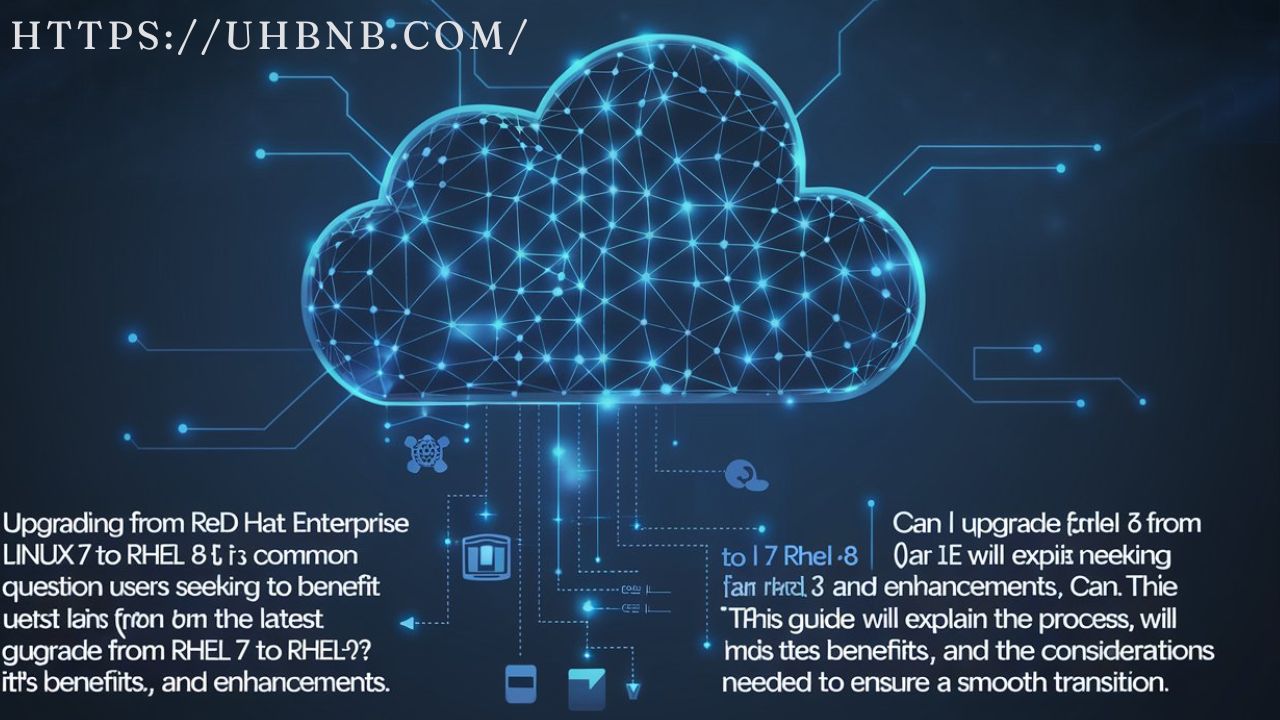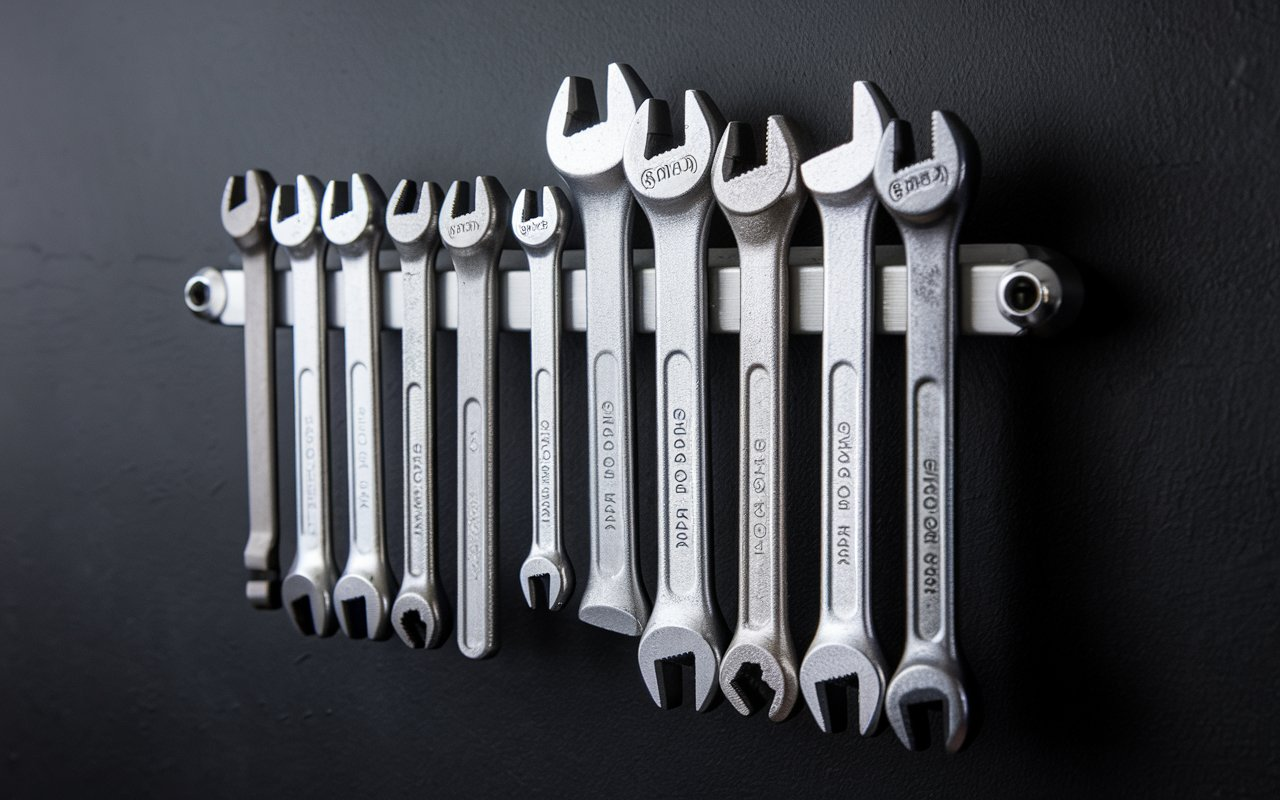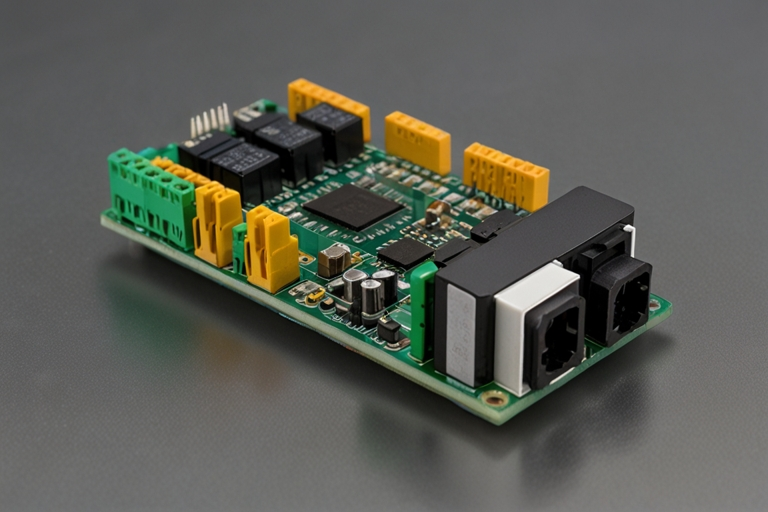Introduction
Upgrading from Red Hat Enterprise Linux (RHEL) 7 to RHEL 8 is a common question among users seeking to benefit from the latest features and enhancements. Can I upgrade from RHEL 7 to RHEL 8? The answer is yes.
This guide will explain the process, its benefits, and the considerations needed to ensure a smooth transition.
Understanding the Upgrade Process
The upgrade from RHEL 7 to RHEL 8 is straightforward but requires careful planning. Red Hat provides a tool called Leap to help users upgrade. The tool checks your system, verifies compatibility, and performs the upgrade without significant issues.
Benefits of Upgrading to RHEL 8
Before diving into the upgrade process, it’s essential to understand why upgrading to RHEL 8 is beneficial. RHEL 8 offers several new features, improved performance, and enhanced security. Here are some key benefits:
- Improved Security: RHEL 8 has enhanced security features, such as System-wide Cryptographic Policies and OpenSSL 1.1.1, ensuring your system is more secure.
- Enhanced Performance: RHEL 8 is designed to run faster and more efficiently with better hardware support and optimized performance.
- New Tools and Features: RHEL 8 includes new tools like Composer, which simplifies the creation of custom images, and the faster and more reliable YUM v4 package manager.
Steps to Upgrade from RHEL 7 to RHEL 8
Can I upgrade from RHEL 7 to RHEL 8? The process involves several steps. Here’s a detailed guide:
- Backup Your Data: Ensure a complete system backup before upgrading. This step is crucial to prevent data loss if something goes wrong during the upgrade.
- Check Compatibility: Use the Pre-upgrade Assistant to identify potential issues. This tool helps you understand what changes are required before upgrading.
- Install the Leap Utility: The Leap Utility is the official tool Red Hat provides for upgrading.
- Run the Pre-upgrade Checks: Execute the pre-upgrade checks to identify any issues.
- Review the Reports: The Leapp tool generates a report detailing any issues that must be addressed. Review the report and fix any problems before proceeding.
- Perform the Upgrade: Once all issues are resolved, perform the upgrade by running the following:
- Reboot the System: Reboot your system to apply the changes after the upgrade.
Post-Upgrade Considerations
After upgrading from RHEL 7 to RHEL 8, there are a few post-upgrade tasks you should consider:
- Verify System Functionality: Ensure all services and applications function correctly. Check for any errors in the system logs.
- Update Installed Packages: Use the package manager to update all installed packages to the latest versions.
- Review Security Settings: Ensure your security settings are updated according to RHEL 8’s new features and policies.
Challenges and How to Overcome Them
While upgrading from RHEL 7 to RHEL 8 is generally smooth, there can be challenges. Common issues include:
- Compatibility Issues: Some third-party applications may not be compatible with RHEL 8. It’s essential to verify compatibility before upgrading.
- Custom Configurations: Custom configurations in RHEL 7 may need adjustments after the upgrade. Review and test all configurations to ensure they work as expected.
Upgrading to Specific Versions of RHEL 8
If you’re wondering, Can I upgrade from RHEL 7 to RHEL 8 and choose a specific version? The answer is yes. You can select a minor version of RHEL 8 during the upgrade process. This is useful if you must adhere to a specific version due to compatibility or compliance requirements.
Why Upgrading Matters
Upgrading from RHEL 7 to RHEL 8 is more than just moving to a new version; it’s about future-proofing your systems. RHEL 8 offers long-term support, ensuring you receive security updates and feature enhancements for years. By asking, Can I upgrade from RHEL 7 to RHEL 8? you’re taking a proactive step towards maintaining a secure and efficient IT environment.
Key Takeaways
- Upgrading from RHEL 7 to RHEL 8 is possible and beneficial.
- Use the Leapp utility for a smooth upgrade process.
- Ensure compatibility and backup of your data before proceeding.
- Address post-upgrade tasks to optimize system performance and security.
Conclusion
Could you redesign it from RHEL 7 to RHEL 8? Absolutely. Following the steps outlined in this guide, you can ensure a smooth transition to RHEL 8 and unlock your system’s full potential with the latest features and security enhancements.
Whether upgrading to the latest RHEL 8 version or a specific minor release, the process is designed to be straightforward and beneficial for your IT infrastructure.
Frequently Asked Questions (FAQs)
1. Can I upgrade from RHEL 7 to RHEL 8 directly?
You can upgrade directly from RHEL 7 to RHEL 8 using Red Hat’s official upgrade tool, Leap. This tool is designed to guide you through the process, ensuring that your system is compatible and the upgrade is performed smoothly.
2. What are the benefits of upgrading to RHEL 8?
Upgrading to RHEL 8 provides enhanced security features, improved system performance, and access to new tools like Composer and YUM v4. It also ensures long-term support and compatibility with the latest hardware.
3. Is the upgrade from RHEL 7 to RHEL 8 risky?
While the upgrade process is generally safe, it is essential to follow the recommended steps, such as backing up your data and checking system compatibility. Using the Leap tool helps minimize risks by identifying potential issues before the upgrade begins.
4. How long does the upgrade process take?
The time it takes to upgrade from RHEL 7 to RHEL 8 can vary depending on the size of your system and the number of packages installed. On average, the process can take a few hours, including time for pre-upgrade checks and post-upgrade tasks.
5. Can I choose a specific version of RHEL 8 during the upgrade?
If needed, you can select a specific minor version of RHEL 8. This is useful for maintaining compatibility with applications or systems that require a particular version.




